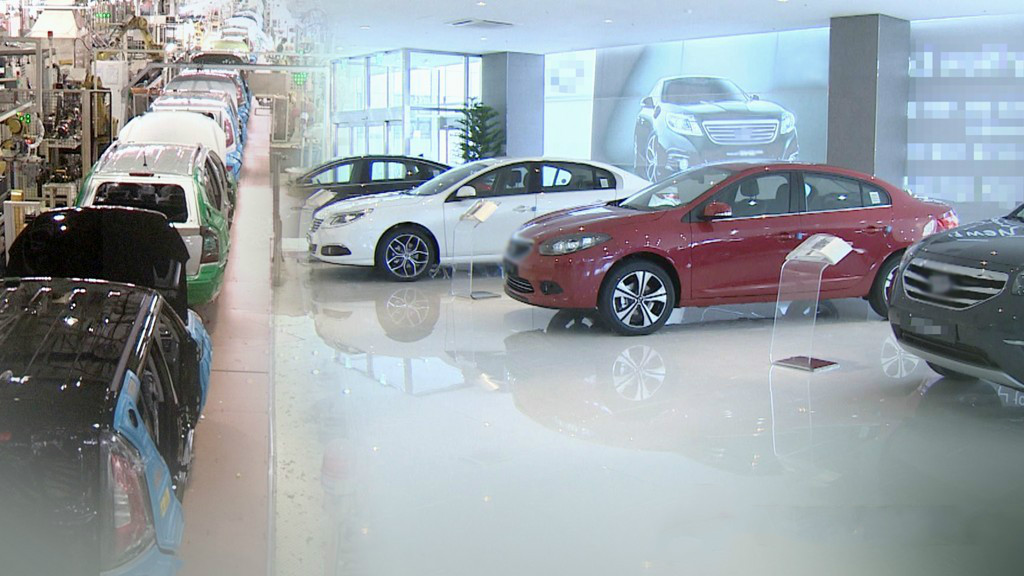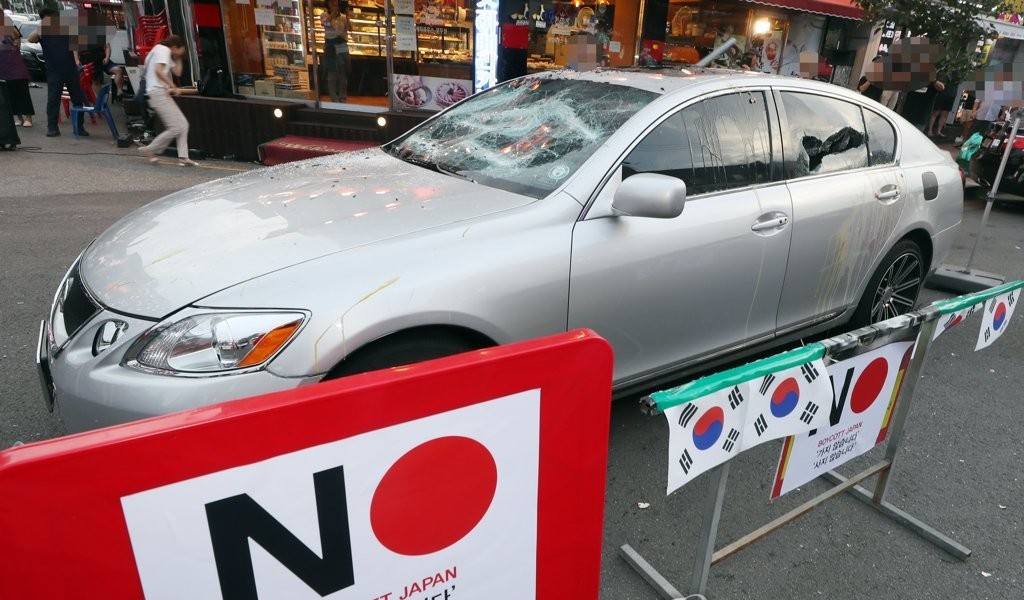In addition to Weibo, there is also WeChat
Please pay attention

WeChat public account
AutoBeta


2024-11-21 Update From: AutoBeta autobeta NAV: AutoBeta > News >
Share
AutoBeta(AutoBeta.net)10/06 Report--
In August this year, South Korea and Japan removed each other from the "whitelist" of their own trade preferences. Under such circumstances, relations between South Korea and Japan became increasingly tense, and trade frictions between South Korea and Japan continued to ferment. In South Korea, public anti-Japanese sentiment is very strong, resulting in a sharp decline in Japanese sales in South Korea, especially in Japanese imported cars. According to Yonhap news agency, the Korean Import Automobile Association released data in September showing that the number of newly registered Japanese-branded passenger cars was 1103, a year-on-year drop of nearly 60%.
It is understood that under the boycott of Japanese goods in South Korea, sales of imported Japanese cars fell 17.2% in July compared with the same period last year, and dropped 56.9% to 1398 vehicles in August, showing a rapid decline month by month.

Demand for foreign cars in South Korea is strong, and annual sales of Japanese cars in South Korea have been growing since 2014. According to the Korea Import Automobile Association, sales of imported cars in South Korea increased by 17% in September, while Japanese cars fell by nearly 60%, further reflecting public anti-Japanese sentiment. At the same time, Japanese cars accounted for only 5.5% of the market in September, 1/3 of the 15.9% in the same period last year.
In September, Toyota's sales in South Korea fell 62% from a year earlier to 374, while Nissan and Honda sold 46 and 166, respectively, down more than 80% from a year earlier. A Toyota spokesman said bluntly that the malaise at the sales level was directly affected by the negative impact of Japan-South Korea relations.
However, the cumulative market share of Japanese cars in South Korea from January to September this year was 17.2%, still higher than that of last year. The analysis believes that this is due to the decline in the proportion of German cars in the import market, and good sales of Japanese cars such as Lexus (Lexus sold 469 vehicles in South Korea in September, up 49.8% from the same period last year, but down 22.2% from the previous month).
Data show that a total of 28657 cars were imported in South Korea from January to September this year, down 6.1 per cent from the same period last year.
According to the report, in July, when South Korean people boycotted Japanese goods, participants demonstrated smashing Japanese cars. The picture shows participants smashing a Lexus on July 23 in Nan Yue Dong District, Incheon City.


In early September, the Financial Times reported that Nissan was considering withdrawing from the South Korean market, as escalating diplomatic frictions and trade disputes between Japan and South Korea hit the Japanese carmaker's sales by more than half.
Subsequently, Nissan's South Korean subsidiary denied reports of withdrawing from the South Korean market. "We have made it clear that Nissan will continue its activities in South Korea, which is a market of strategic significance," Nissan said in a statement. " Nissan Korea also said it would overcome difficulties by improving its business in South Korea.
Trade disputes between South Korea and Japan continue to ferment, South Korean people boycott Japanese goods, beer, cars, clothing and other areas are particularly serious, making the situation of Japanese cars in South Korea even worse.
Welcome to subscribe to the WeChat public account "Automotive Industry Focus" to get the first-hand insider information on the automotive industry and talk about things in the automotive circle. Welcome to break the news! WeChat ID autoWechat
Views: 0
*The comments in the above article only represent the author's personal views and do not represent the views and positions of this website. If you have more insights, please feel free to contribute and share.











© 2024 AutoBeta.Net Tiger Media Company. All rights reserved.